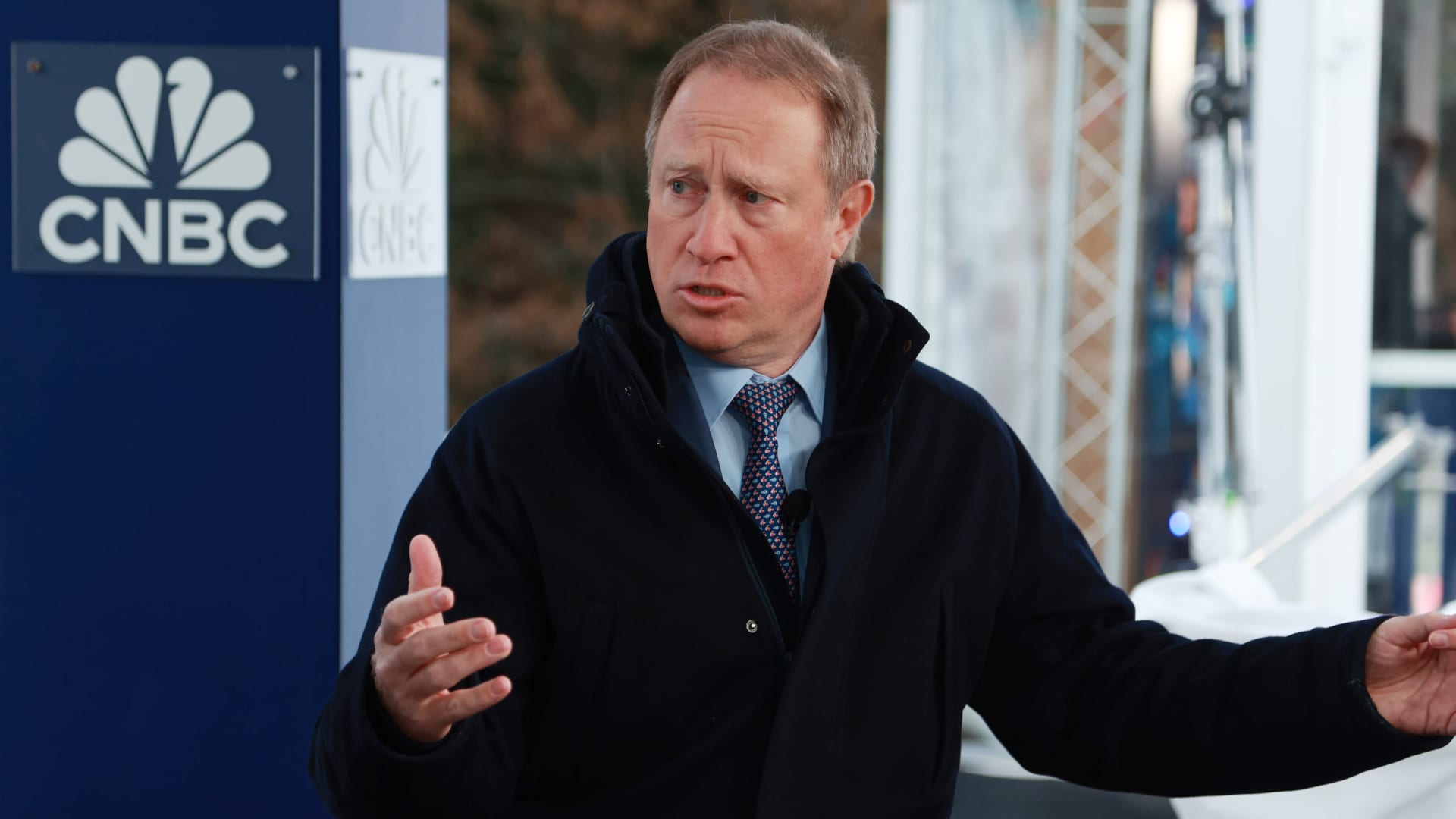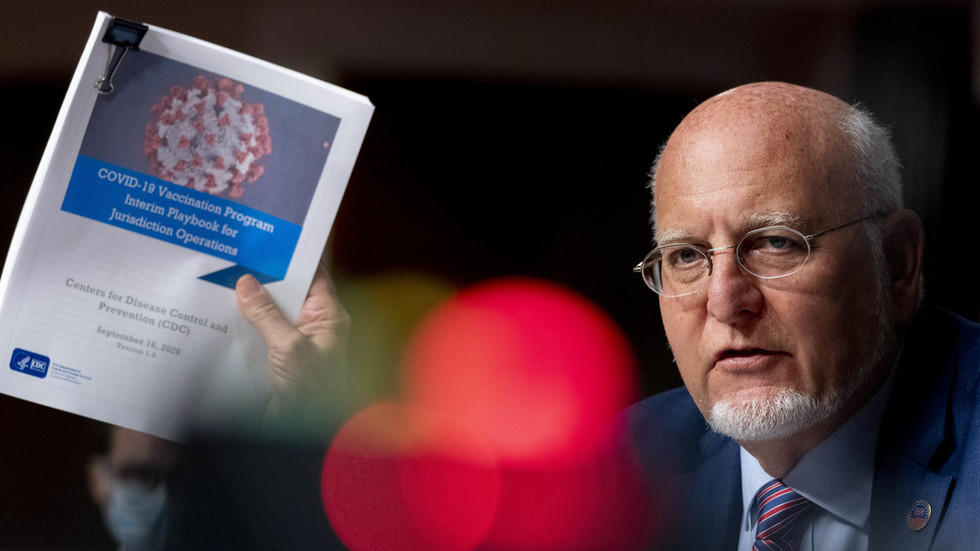Europe|Assange, in First Speech Since Release, Says He Was Jailed for Journalism
https://www.nytimes.com/2024/10/01/world/europe/julian-assange-journalism-wikileaks.html
You have a preview view of this article while we are checking your access. When we have confirmed access, the full article content will load.
Julian Assange, the WikiLeaks founder, said in public remarks in Strasbourg, France, that his imprisonment had set a dangerous precedent.

Oct. 1, 2024
Julian Assange, the WikiLeaks founder, told a rights group on Tuesday that his imprisonment had set a “dangerous precedent” for arresting journalists and criminalizing activities that were essential to the work of investigative journalists — his first public statement since being released from a British prison in June.
“I want to be totally clear: I am not free today because the system worked,” he said as he gave evidence to the Committee on Legal Affairs and Human Rights at the Council of Europe, a rights organization in Strasbourg, France. “I am free today after years of incarceration because I pled guilty to journalism.”
Mr. Assange, 53, has been a polarizing figure since revealing state secrets in the 2010s — either hailed as a hero for publishing documents in the public interest and therefore deserving of the same First Amendment protections afforded to investigative journalists, or viewed as a criminal who put American national security at risk and aided Russian election interference.
In June, he agreed to plead guilty to a single felony count of illegally obtaining and disclosing national security material in a deal with American officials that secured his release from the British prison where he had spent the previous five years while fighting possible extradition to the United States.
“I was formally convicted by a foreign power for asking for, receiving and publishing truthful information about that power, while I was in Europe,” he said on Tuesday, seated on a panel beside his wife, Stella Assange. “The fundamental issue is simple: Journalists should not be prosecuted for doing their jobs.”
The state secrets released by WikiLeaks involved material about American military activity in Afghanistan and Iraq, including civilian deaths and detainee abuse, and cables among American diplomats that revealed bargaining by diplomats, candid views of foreign leaders and frank assessments of nuclear and terrorist threats. In 2016, WikiLeaks released a trove of thousands of emails that had been stolen from the Democratic National Committee, leading to disclosures that hurt Hillary Clinton’s presidential campaign.

 1 month ago
3
1 month ago
3











 English (US) ·
English (US) ·